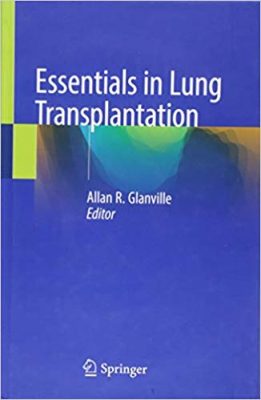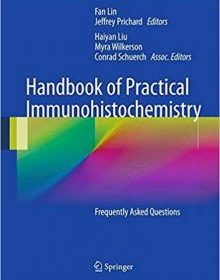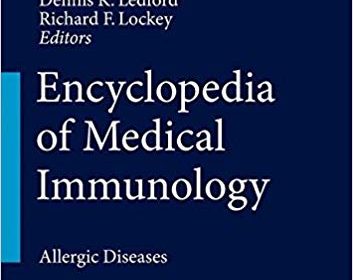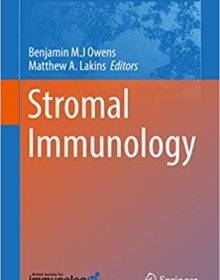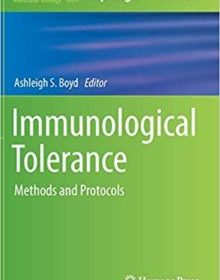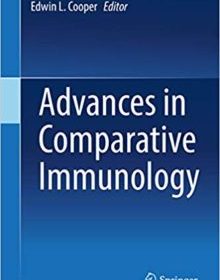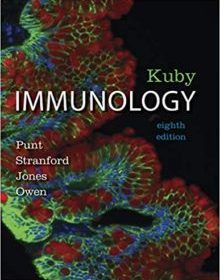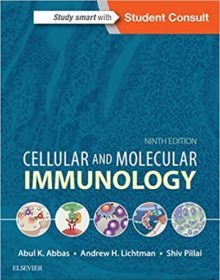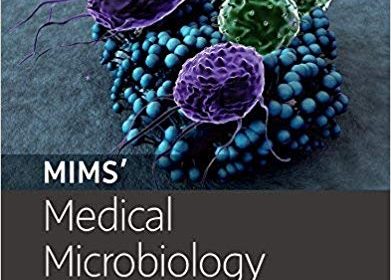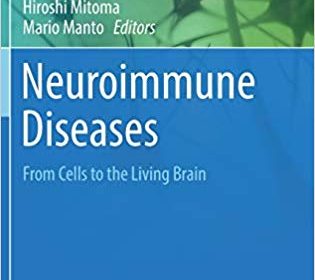6th Edition
Learn all the microbiology and basic immunology concepts you need to know for your courses and exams. Now fully revised and updated, Mims’ clinically relevant, systems-based approach and abundant colour illustrations make this complex subject easy to understand and remember.
Learn about infections in the context of major body systems and understand why these are environments in which microbes can establish themselves, flourish, and give rise to pathologic changes. This systems-based approach to microbiology employs integrated and case-based teaching that places the ‘bug parade’ into a clinical context.
Effectively review for problem-based courses with the help of chapter introductions and ‘Lessons in Microbiology’ text boxes that highlight the clinical relevance of the material, offer easy access to key concepts, and provide valuable review tools.
Approach microbiology by body system or by pathogen through the accompanying electronic ‘Pathogen Parade’ – a quickly searchable, cross-referenced glossary of viruses, bacteria and fungi
A new electronic ‘Vaccine Parade’ offers quick-reference coverage of the most commonly used vaccines in current clinical practice
Deepen your understanding of epidemiology and the important role it plays in providing evidence-based identification of key risk factors for disease and targets for preventative medicine.
Grasp and retain vital concepts easily, with a user-friendly colour coded format, succinct text, key concept boxes, and dynamic illustrations.
New and enhanced information reflects the growing importance of the human microbiota and latest molecular approaches
Access the complete contents on the go via the accompanying interactive eBook, with a range of bonus materials to enhance learning and retention – includes self-assessment materials and clinical cases to check your understanding and aid exam preparation.
